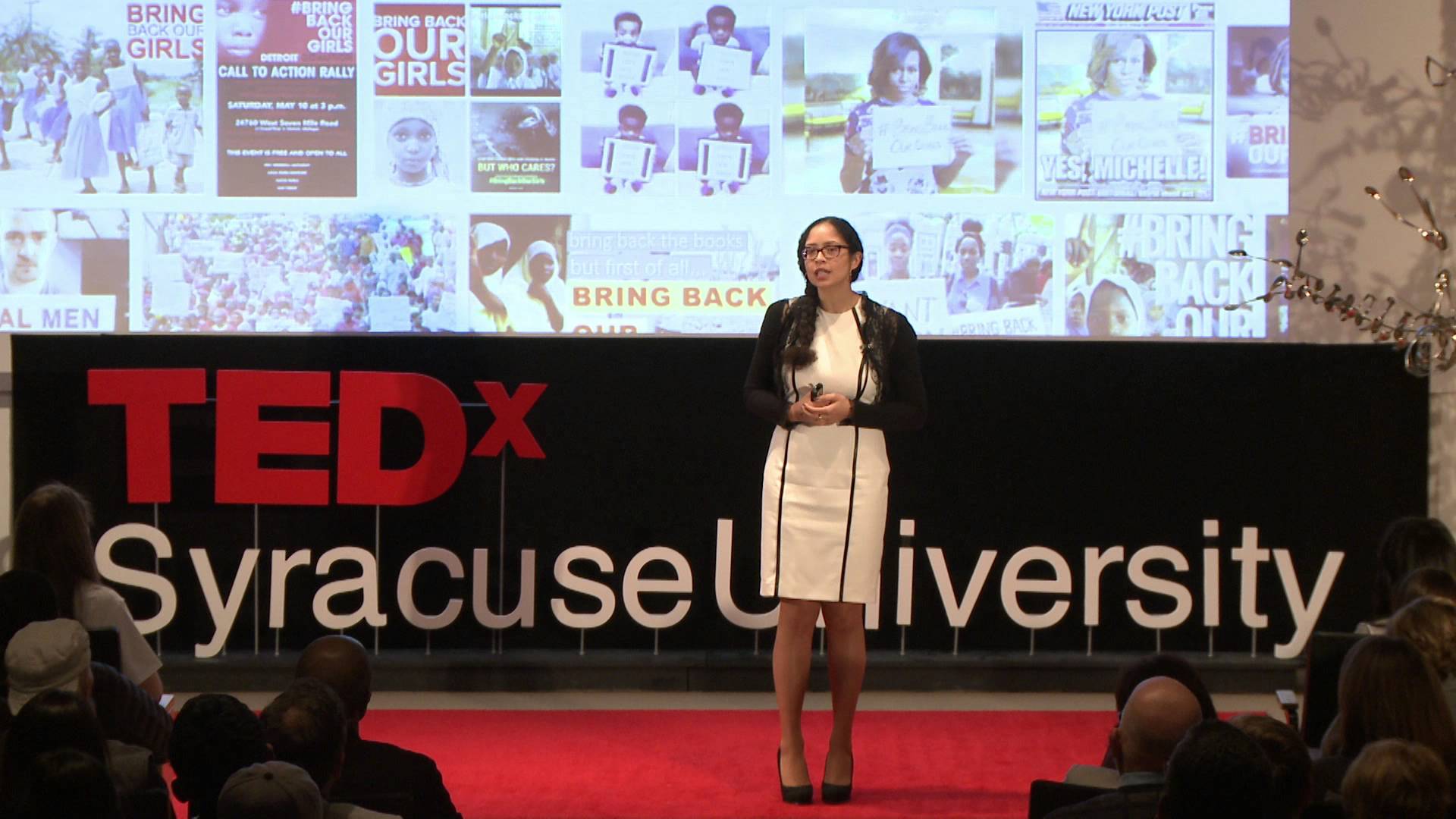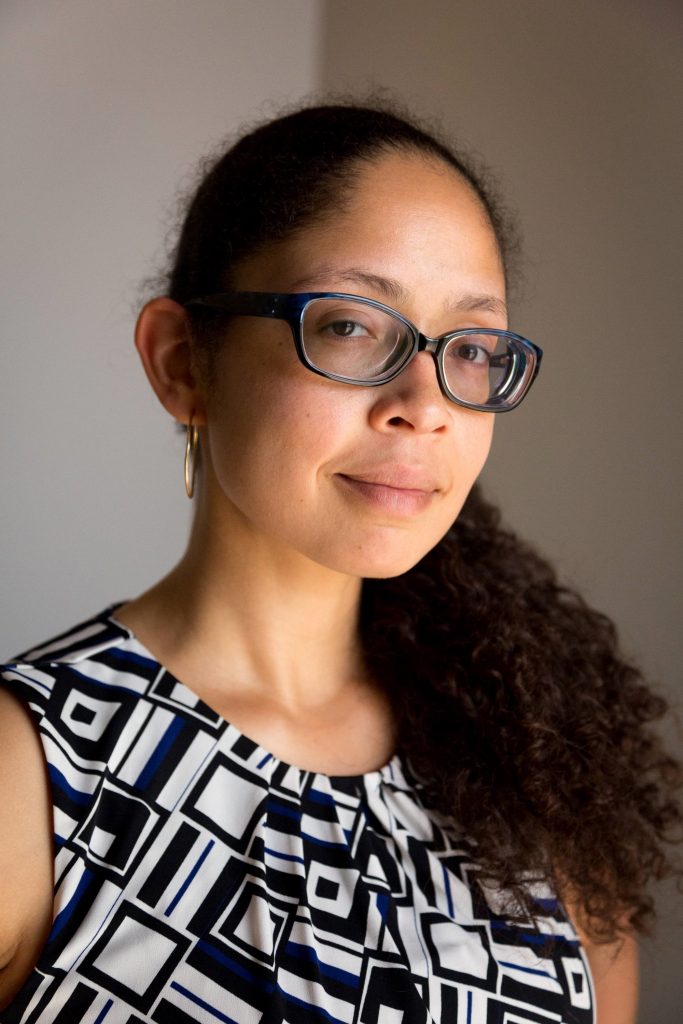From Self-Worth to the Selfie
-
-
slice.mit.edu
Filed Under
Recommended


“Selfies are not new. I’ve been taking them for 20 years and they’re really positive for me—to have a picture where you look good,” explains Corsbie Massay, an assistant professor of communications at Syracuse’s Newhouse School where she focuses on selfie culture and its impact as part of her research examining the effects of media—including self-created media—on perception and identity.
Although selfie culture can seem self-indulgent, she notes, the photos are an important form of expression and can boost confidence—with the right guidance. “When we only frame selfies as narcissistic and don’t see them as self-portraiture, we can’t see or teach a safe way to selfie to our kids,” she says. Corsbie Massay remembers the moment she realized that media could impact feelings of self-worth. “Growing up, I would see TV commercials for children’s games with a diverse group of kids—but it was always the boy who put up his hands and screamed ‘I won!’” she says. “I got so angry about that and thought, ‘What are they trying to say—that girls can’t win?’—it was probably my first moment of media literacy and critical thought.”
After lots of early media exposure—“I was a single child of a single mother. I watched a lot of TV”—she enrolled at MIT in Course 7. After struggling with organic chemistry, Corsbie Massay dropped out of MIT. “After I left school, I was just sitting at home watching TV,” she says, “And I realized that anyone with enough money could come into my living room and convince me to buy and believe in something in 15 seconds or less,” she says. “That became the driving force for everything I’ve done since.” Returning to MIT after a year off, Corsbie Massay wanted to understand how media impacted the psyche. She switched to Course 9, brain and cognitive sciences, and began taking every media elective offered at MIT—building a second major in media studies. “Talking with [former Comparative Media Studies/Writing director] Henry Jenkins made me realize that the psychological impact of media was a viable thing to study,” Corsbie Massay says.
After graduating from MIT, Corsbie Massay continued at USC, earning two master’s degrees and a PhD in media psychology and social identity. Today, Corsbie Massay is focused on representation in media and identity. “One thing I’ve learned through studies is that not seeing your racial group represented on screen makes you angry, no matter your race. And the more important your race is to you, the sharper that effect is,” she says.
Representation in media plays an important role in creating and accepting norms, Corsbie Massay says. In a recent article, she noted that characters like Mary Richards of the Mary Tyler Moore Show helped to shape social acceptances of ideas. “Richards helped resolve a decade rife with cultural and political turmoil. By softening the firm ideals of the Women’s Movement, she popularized the cause,” she writes.
But media representation isn’t always powerful or progressive, says Corsbie Massay, which is why she works to share her research with students and empower them to speak up. “I have my students write an email about a media artifact and explain why it’s problematic or progressive,” she says. “I want them to practice the language of inclusion even when you’re at the bottom of the hierarchy in their field.”
Just as Corsbie Massay encourages her students to challenge media creators, she is not afraid to challenge them in turn. In a recent talk welcoming new Syracuse students, she explained her philosophy: “I will make you uncomfortable. We must embrace discomfort to learn,” she says.







